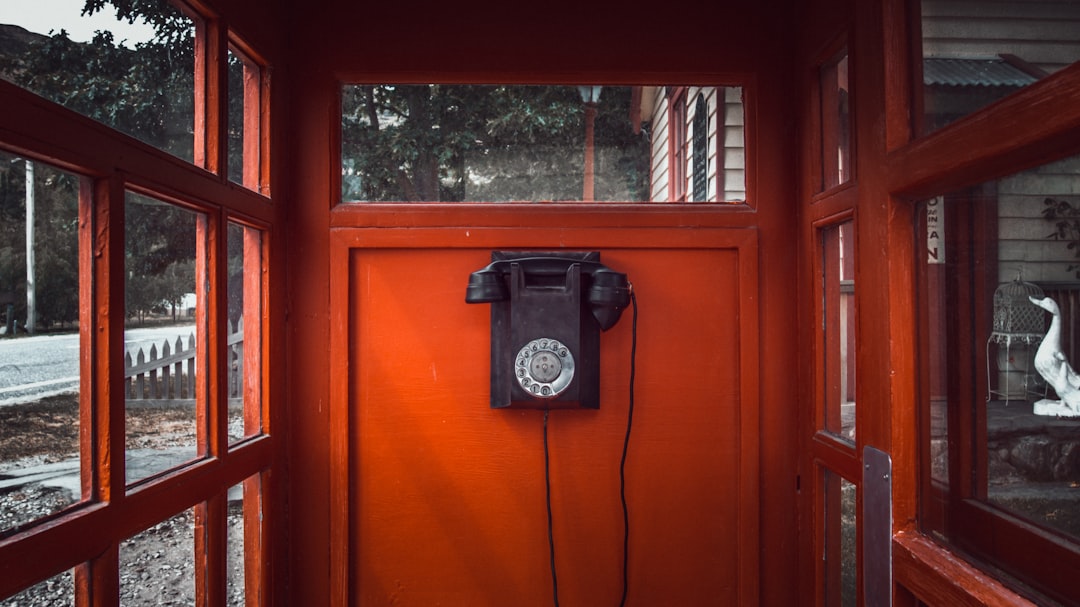Spam and robocalls are common frustrations for Iowa cellphone users, with distinct legal frameworks addressing them under state law. Iowans can protect their phones by adjusting call settings, using apps to filter out unwanted calls, being cautious about sharing numbers, and consulting a lawyer for guidance on legal protections against telemarketers and spam.
In the digital age, our phones have become a constant companion, but not all calls are created equal. This article explores the distinct world of spam calls and robocalls in Iowa, focusing on how these automated messages impact smartphone users. We’ll delve into the legal differences between telemarketers and robocallers under Iowa law and provide practical tips to help you protect your cellphone from unwanted intrusions. By understanding these distinctions, Iowans can better navigate the ever-evolving landscape of phone marketing.
Understanding Spam Calls and Robocalls
Spam calls and robocalls are two distinct forms of unwanted telephone communication, each with unique characteristics and legal implications. Spam calls, as the name suggests, refer to unsolicited phone calls or messages aimed at promoting products or services in an aggressive manner. These calls often come from telemarketers or businesses seeking to reach a wide audience through automated means. On the other hand, robocalls are automated phone calls that deliver a recorded message to multiple recipients simultaneously. While both can be frustrating for cellphone and smartphone users in Iowa, there’s a key difference.
Robocalls are typically used by politicians, charities, or legitimate companies for mass communication, often during elections or important service announcements. In contrast, spam calls are more malicious, employing high-pressure sales tactics or even scams to manipulate recipients into providing personal information or making purchases. A lawyer specializing in telecom law advises Iowans to be vigilant against these tactics and understand their rights regarding unwanted phone marketing.
Legal Differences: Iowa's Perspective
In Iowa, the distinction between spam calls and robocalls is primarily governed by state laws and regulations aimed at protecting residents from unwanted phone solicitations. While both involve automated dialing systems, the legal implications differ significantly. A robocall typically refers to a pre-recorded message delivered en masse, often used for marketing purposes. In Iowa, these are regulated under the Telephone Solicitation Act, which allows consumers to register on the “Do Not Call” list to opt-out of such calls.
On the other hand, spam calls, often originating from telemarketers using smartphones or cell phones, can include any unwanted or unsolicited phone call with promotional content. Unlike robocalls, these are not always pre-recorded and may involve live operators. The Iowa Lawyer’s Association advises that spam callers face stricter penalties under the state’s Consumer Fraud Act, which prohibits deceptive practices in marketing and sales. This includes fines for violations, making it a more serious legal issue compared to simple robocalling regulations.
How to Protect Yourself from Unwanted Phone Calls
To protect yourself from unwanted phone calls, especially those originating from telemarketers or spam calls, it’s essential to be proactive with your smartphone security. Start by reviewing and adjusting the call settings on your device. Most smartphones come equipped with features that allow you to block specific numbers or even whole categories of callers. Consider using a dedicated app designed to filter out spam and robocalls. These apps learn from user feedback, continuously updating their databases to recognize and block new spamming patterns.
Additionally, being cautious about sharing your phone number is paramount. Avoid providing it online unless absolutely necessary, and be wary of forms that request your contact details. If you do answer a call from an unknown number, don’t hesitate to let it go to voicemail or hang up immediately if it’s a robocall. Never engage with the caller, as this could encourage them to target you again. For Iowans concerned about legal action related to spam calls, consulting a lawyer specializing in telecom regulations can provide guidance on your rights and protection under local laws.
